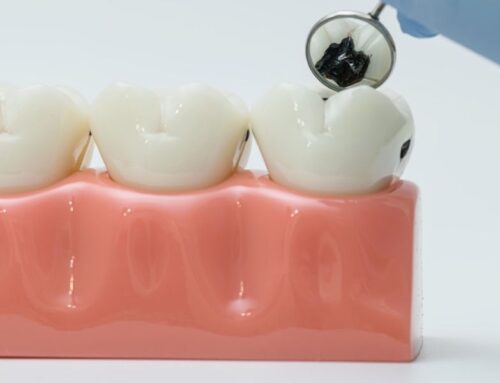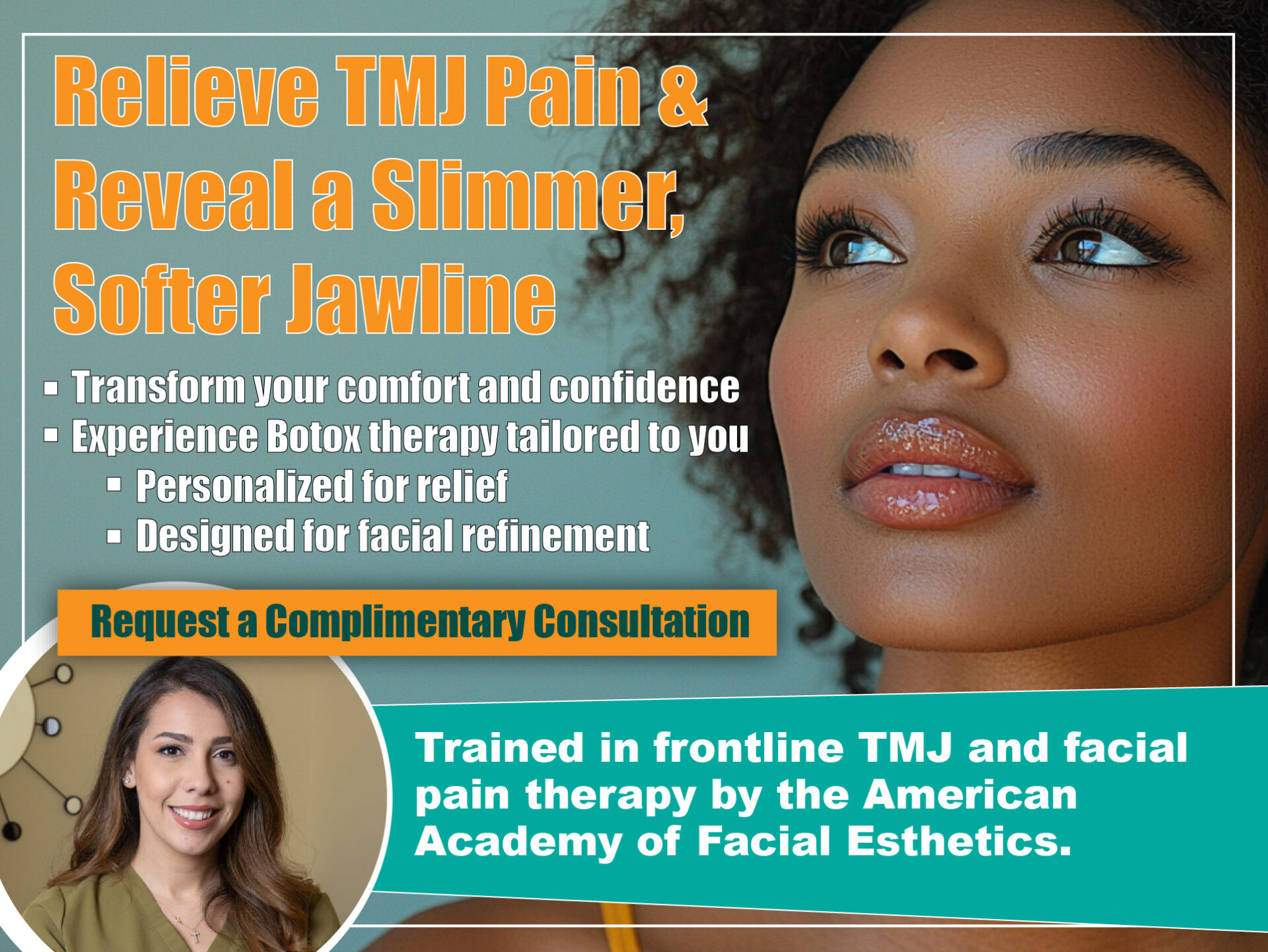Should You Whiten Your Teeth at Home or See a Dentist? Here’s What to Know
A brighter smile is often associated with confidence, health, and professionalism. With shelves full of whitening kits, pens, and LED light systems, it’s tempting to tackle tooth stains from home. But while the promise of convenience is appealing, many people still wonder if these at-home methods are truly safe or effective. On the other hand, visiting a professional might seem more expensive, but it offers advantages that go far beyond just aesthetics.
The truth is, whitening your teeth isn’t a one-size-fits-all solution. There are multiple factors to consider—from the condition of your teeth to the strength of the whitening products being used. A misstep at home can lead to tooth sensitivity or uneven results, while professional treatments are designed with your oral health and long-term outcomes in mind.
If you’ve been searching for a dental clinic in Herndon, VA, and are weighing whether to try teeth whitening yourself or book an appointment with a dentist, this guide will help you understand your options, the risks involved, and the results you can expect.
How At-Home Whitening Works
Over-the-counter whitening products typically contain hydrogen peroxide or carbamide peroxide in lower concentrations than those used in dental offices. Options range from whitening toothpastes and strips to custom trays and LED light systems. These products aim to bleach surface stains caused by foods, drinks, and aging.
While they can provide moderate improvement, at-home kits work best for people with mild discoloration. Deep stains or discoloration caused by medications, injury, or dental procedures often do not respond well to DIY whitening.
Benefits of Whitening at Home
One of the biggest advantages of whitening your teeth at home is convenience. You can apply the product on your own schedule, and the initial cost is typically lower than professional treatments. For people with limited staining and a consistent routine, gradual improvement can be noticeable over time.
However, consistency is key. Missed applications or improper use can hinder results, and there’s often no professional oversight to catch potential issues early.
Risks of At-Home Whitening Kits
Although many home whitening kits are FDA-approved, misuse is common. Overuse or incorrect application can damage tooth enamel, irritate gums, and lead to significant sensitivity. Whitening without a proper dental assessment can also conceal underlying oral health issues, such as cavities or gum disease, which should be treated before using whitening products.
Another common concern is uneven results. Poorly fitting trays or strips that don’t adhere properly to the tooth surface may lead to patchy whitening that’s difficult to correct without professional help.
Professional Whitening: What to Expect
When you visit a dentist for teeth whitening, your treatment starts with a comprehensive exam to ensure your teeth and gums are healthy. Professional whitening systems use high-concentration bleaching agents and often include the use of LED or laser technology to activate the whitening process. The entire procedure typically lasts about an hour, and results are visible immediately.
Additionally, your dentist can customize the treatment to your needs, reducing the risk of sensitivity and ensuring even, consistent results across all visible teeth.
Advantages of Seeing a Dentist
The biggest benefit of professional whitening is safety. Dentists have the training and tools to protect your enamel, manage sensitivity, and avoid gum irritation. The results are not only faster but also longer-lasting because they are based on a personalized approach. If you have crowns, veneers, or fillings, a dentist can adjust your treatment to ensure a uniform look, something at-home kits cannot address effectively.
Professional care also comes with expert guidance. Your dentist can recommend aftercare practices to extend your whitening results, from dietary suggestions to touch-up treatments.
Who Should Avoid Whitening?
Not everyone is a good candidate for teeth whitening. People with untreated cavities, gum disease, worn enamel, or dental restorations on visible teeth should avoid over-the-counter kits without professional advice. Whitening agents do not work on crowns or composite fillings, which may lead to uneven color if not accounted for.
Pregnant or breastfeeding individuals are also generally advised to postpone whitening due to limited research on safety during those stages.
Both at-home and professional teeth whitening options can improve the appearance of your smile, but they come with different levels of effectiveness, safety, and predictability. While over-the-counter products may work for minor staining, they carry risks if used incorrectly or without guidance. Seeing a dentist provides not just better results, but peace of mind knowing your treatment is tailored to your dental health and cosmetic goals.
If you’re unsure which option is right for you, schedule a consultation with Herndon Dental Arts, a trusted dental clinic in Herndon, VA, to explore safe and effective whitening treatments. Your smile deserves expert care.




